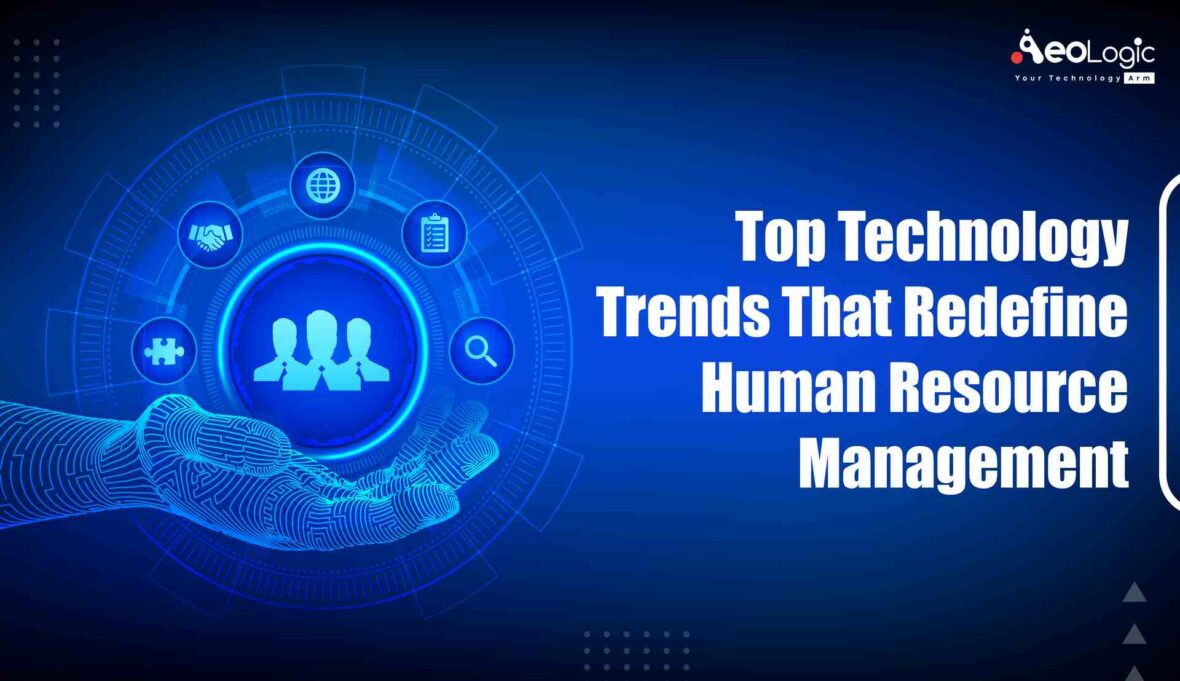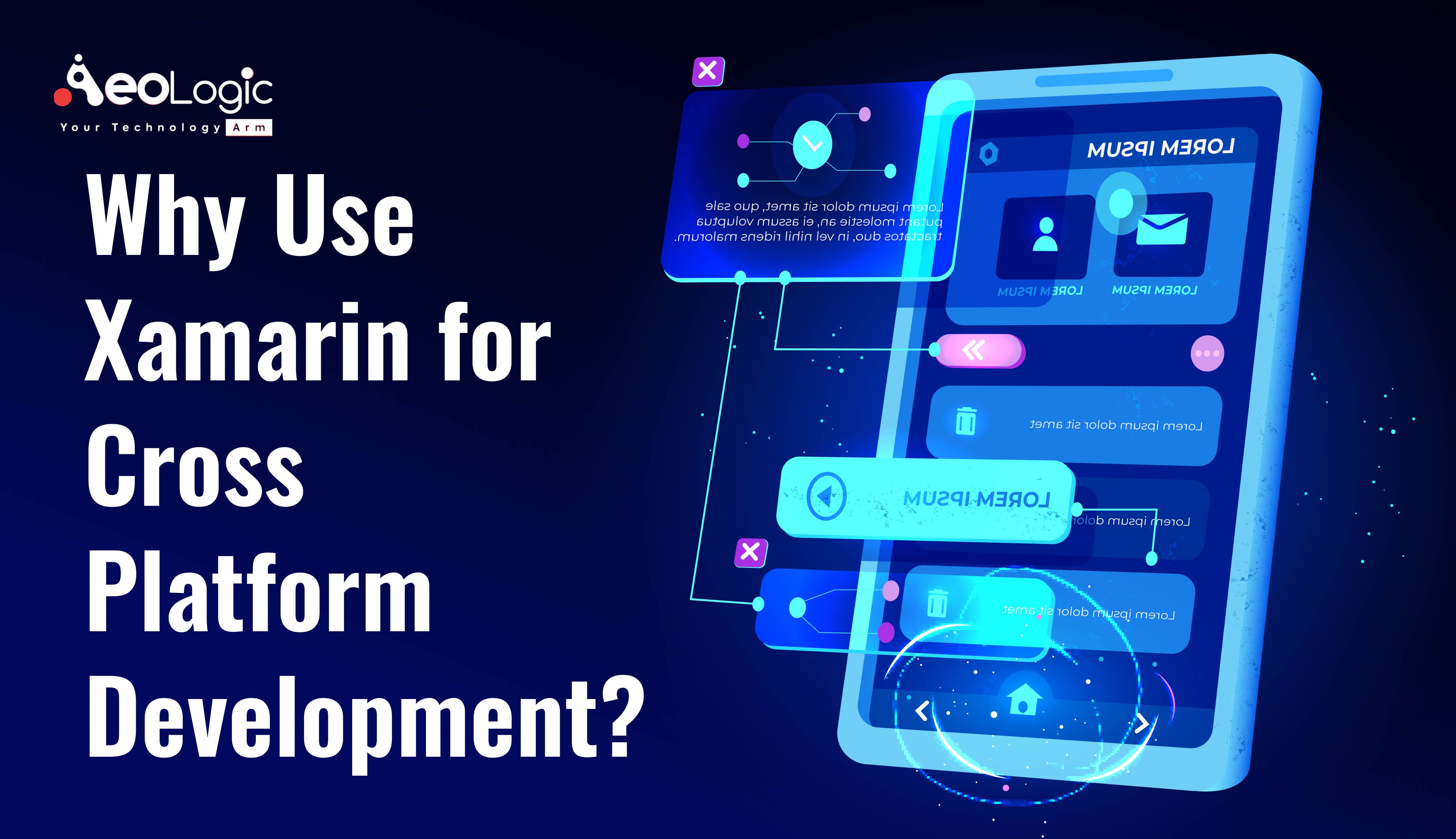Human resource management (HRM) is undergoing a transformation, thanks to the rapid advancements in technology. From remote work and artificial intelligence to employee engagement and talent management, technology is playing an increasingly important role in HRM. In this article, we will discuss the top technology trends that are redefining Human Resource Management.
Overview
Human resource management (HRM) is a crucial aspect of any organization. It involves managing the people who work for the company. Technology has become increasingly important in HRM, as it can help streamline and automate various HR tasks, improve communication and collaboration among employees, and facilitate remote work.
Furthermore, technology is constantly evolving, and organizations need to stay up-to-date with the latest trends and developments in order to remain competitive and effective in managing their workforce.
The Importance of Technology in HRM
The importance of technology in HRM cannot be overstated. Technology has the potential to streamline and automate various HR tasks, such as managing employee records and scheduling. This can save time and resources for HR departments and allow them to focus on more strategic and value-added tasks.
Furthermore, technology can improve communication and collaboration among employees, particularly for remote teams. It can also facilitate remote work, which has become increasingly common in recent years. With the right tools and technologies, employees can work from anywhere, at any time, and still be productive and engaged. This can help organizations attract and retain top talent, as well as reduce overhead costs associated with having a physical office.
Overall, technology is an essential part of HRM and can help organizations manage their workforce more effectively and efficiently.
Also Read: The Role of Human Resources in Business Continuity Planning
Top 5 Technology Trends That Redefine Human Resource Management
Remote work
The rise of remote work has been one of the biggest shifts in the modern workplace. With the right tools and technologies, employees can work from anywhere, at any time, and still be productive and engaged. This has opened up a world of possibilities for organizations and employees alike, as they are no longer limited by geographical location.
Artificial intelligence and automation
AI and automation are starting to play a bigger role in HRM, as they can help automate routine tasks and free up HR professionals to focus on more strategic and value-added tasks. AI can also help with tasks such as recruitment, where it can analyze resumes and identify the most qualified candidates.
Employee engagement and communication
Technology is also playing a key role in improving employee engagement and communication. Tools such as instant messaging, videoconferencing, and social media can help employees stay connected and collaborate with each other, regardless of where they are located.
Talent management and recruitment
Technology is also changing the way organizations find and hire top talent. Tools such as applicant tracking systems and social media can help HR professionals identify and reach out to potential candidates.
Learning and development
Technology is also transforming the way organizations provide learning and development opportunities for their employees. Online courses and virtual training sessions can help employees acquire new skills and knowledge, regardless of their location.
Also Read: The Importance of Information Technology in Business Today
The Continued Impact of Technology on Human Resource Management
The continued impact of technology on human resource management (HRM) is likely to be significant. As technology continues to evolve, it will bring new opportunities and challenges for HR professionals. For example, the rise of artificial intelligence (AI) and automation may lead to the automation of certain HR tasks, freeing up HR professionals to focus on more strategic and value-added tasks. However, it may also lead to concerns about job displacement and the need for HR professionals to acquire new skills.
Additionally, the continued growth of remote work will require organizations to invest in the right tools and technologies to enable employees to work effectively from anywhere. This will involve not only the technology itself but also the development of new policies and procedures to support remote work.
Furthermore, technology will continue to play a key role in improving employee engagement and communication, as well as in talent management and recruitment. Tools such as instant messaging, videoconferencing, and social media can help employees stay connected and collaborate with each other, regardless of where they are located. Additionally, technology can help organizations find and hire top talent, as well as provide learning and development opportunities for their employees.
Overall, the continued impact of technology on HRM is likely to be significant. Also, organizations need to stay up-to-date with the latest trends and developments in order to remain competitive and effective in managing their workforce.
Also Read: Role of Information Technology in Business Environment
Conclusion
Technology is playing an increasingly important role in HRM, and organizations need to stay up-to-date with the latest trends and developments in order to remain competitive and effective in managing their workforce.
If you have any concerns about technology, you can contact Aeologic Technologies!
Related Blogs:
- How AI/ML Can Change the Public Transportation Industry
- Transforming Business With Digital Technology in the Oil Palm Industry in India
- Importance of Digital Asset Management in the Retail Industry
- How AI is Transforming the Agriculture Industry
- 10 Ways to Use Artificial Intelligence to Improve Business Processes
- The Future of IoT Technology in Convenience Stores
- Building Manufacturing Resilience Through AI and ML






